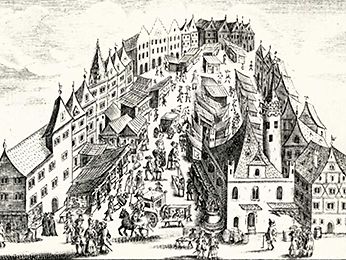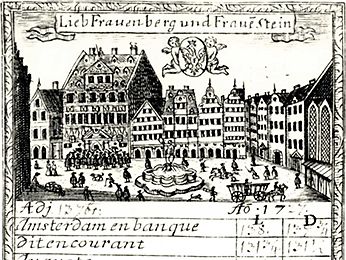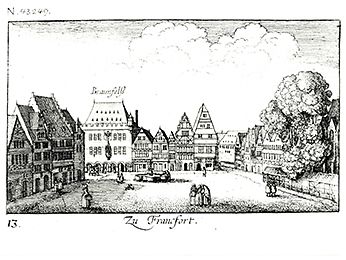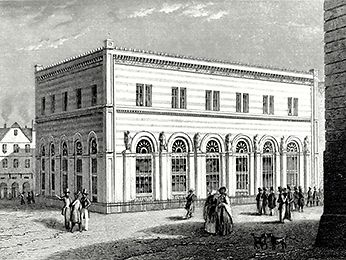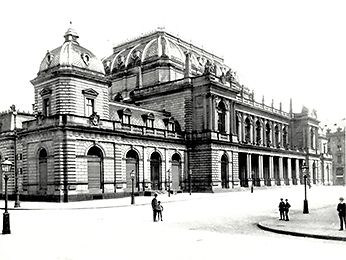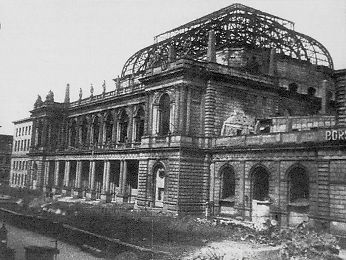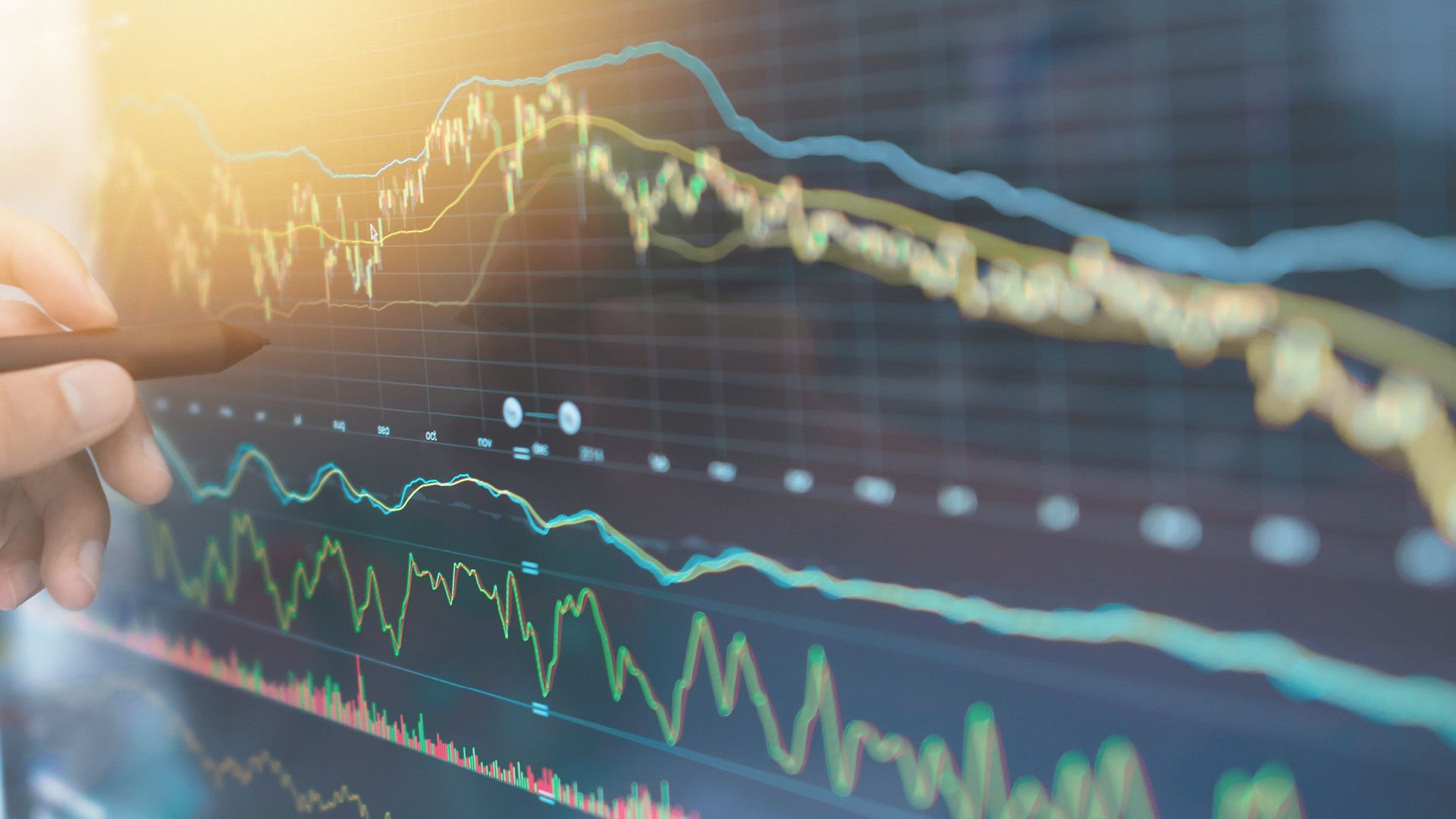Market structure
Growth financing
Going & being public
Private market
Statistics & circulars
Events at the stock exchange
Executive Board
Supervisory Board
Remuneration
Auditor
Declaration of Conformity
Articles of incorporation
Compliance
Master data
Key figures & dividend
Analysts
Shareholder structure
Share buy-back
Bonds
Credit ratings
Media releases
Ad-hoc announcements
Managers’ transactions
Notifications of major holdings
Other regulatory announcements
Sign-up service
Sustainability strategy
ESG governance
Reports, statements, policies & guidelines
Diversity, equity & inclusion
Contact
Management Board of the Frankfurt Stock Exchange
Exchange Council
Exchange Council Election
Market Surveillance ensures proper conduct of trading
The TSO monitors trading
The Trading Surveillance Office (Handelsüberwachungsstelle, henceforth referred to as ‘TSO’) is an independent exchange body and performs and is responsible for trading surveillance. The TSO monitors trading on the Frankfurt Stock Exchange (Xetra® as well as the Specialist-supported trading) including the derivatives exchange Eurex Deutschland. The TSO investigates irregularities and notifies the management boards of the stock exchanges as well as the Exchange Supervisory Authority (Börsenaufsichtsbehörde) of the results of its investigations. It also forwards cases to the Federal Financial Supervisory Authority (BaFin), in case these fall within its area of responsibility.
As far as general questions about trading on the Frankfurt Stock Exchange and Eurex Deutschland are concerned, the staff of the Investor Center will be available by email at anlegercenter@deutsche-boerse.com or you may call +49 69 21118310.
We kindly request you to direct any questions regarding specific orders or transactions to your order-executing bank as the direct exchange participant which might involve the respective exchange or the TSO for their response.
You may also inform the TSO on potential violations of the rules (in particular market abuse and insider trading) by email to huest@deutsche-boerse.com (for the Frankfurt Stock Exchange) or to surveillance@eurexchange.com (for Eurex Deutschland). In this context, please be advised that the TSO is obliged to maintain confidentiality in accordance with the Exchange Act and the Market Abuse Regulation and is not permitted to inform the whistleblower on the results of their investigation.
Exchange Surpervisory Authority (Börsenaufsichtsbehörde) initiates sanctions
The Exchange Supervisory Authorities are responsible at the state level. The Exchange Supervisory Authority of the state Hesse is incorporated in the Hessian Ministry for Economic Affairs, Energy, Transport, Housing and Rural Areas. Inter alia, the area of competencies of this authority comprise pricing processes, the supervision of the proper conduct of trading as well as the investigation of violations of the Exchange Act. The authority assesses the irregularities reported by the TSO and may however also directly supervise the markets. Besides the Disciplinary Committee and the management boards of the exchanges, the Exchange Supervisory Authority may also impose sanctions on market participants. Over and above this, the authority approves the rules and regulations of the Frankfurt Stock Exchange as well as Eurex.
BaFin takes disciplinary action against market abuse
The Federal Financial Supervisory Authority (henceforth referred to as ‘BaFin’) is responsible for the investigation in cases of suspected insider trading and market manipulation at the federal level. Moreover, BaFin investigates potential violations of publication requirements.
History of the Frankfurt Stock Exchange
Further information on xetra.com

Are you interested in our media releases?
- Simple and free registration
- Individual selection of business areas for regular updates
- Receive our media releases conveniently by e-mail
SIGN ME UP







